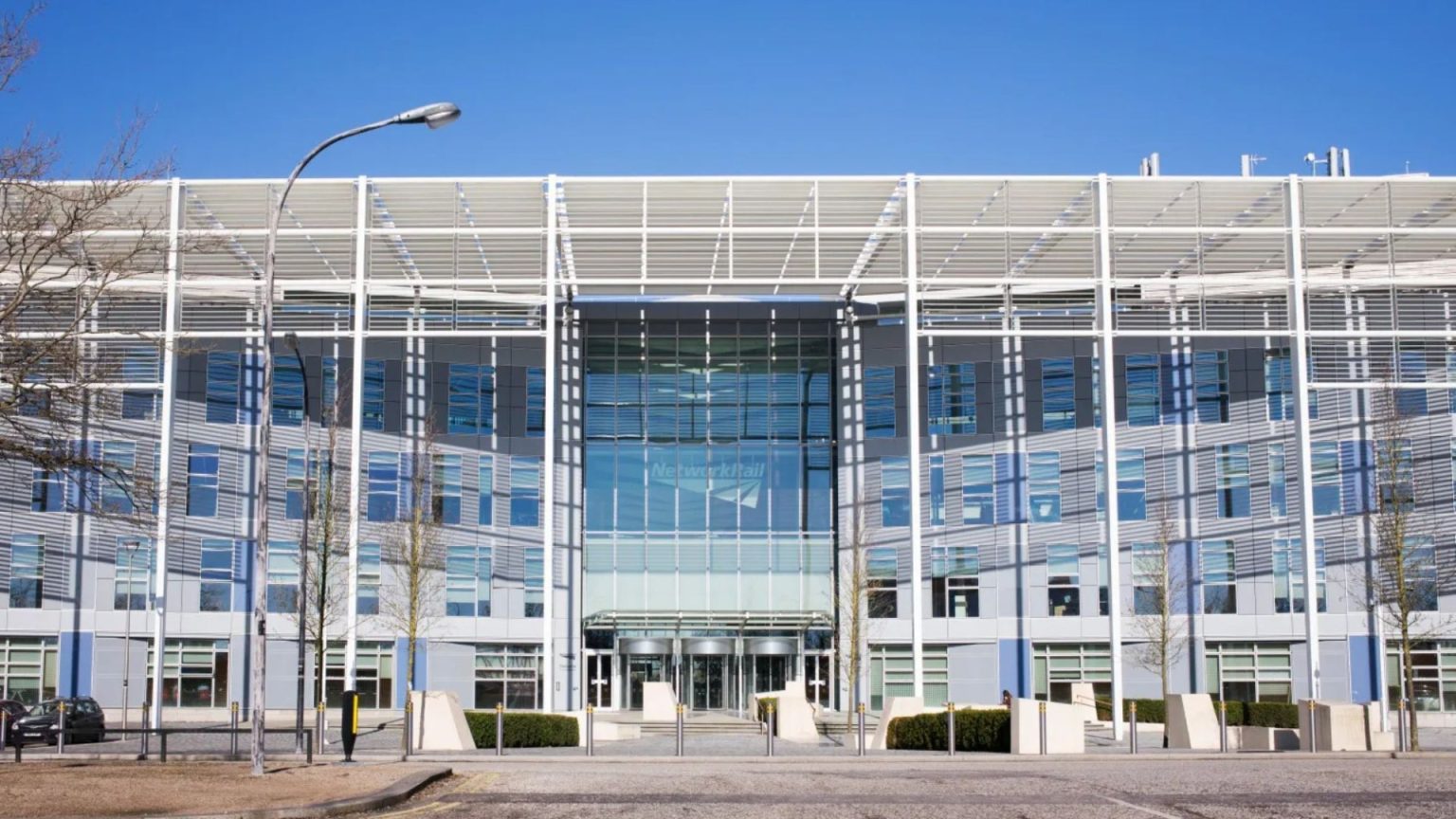The former National Hockey Stadium, once a vibrant hub for sporting events and home to England’s national hockey team from 1995 to 2003, later became the center of a controversial chapter in English football history. From 2003 to 2007, it served as the temporary home of MK Dons, a club born from the relocation of Wimbledon FC, a move that sparked outrage and division among football fans. This period saw MK Dons navigate the rollercoaster of relegation to League Two and subsequent promotion back to League One, all while playing their home matches at the former hockey ground. Following the Dons’ departure to their new Stadium MK in 2007, the site remained vacant for two years before being demolished in 2009 to make way for Network Rail’s new headquarters, which became operational in 2012. This transformation marked the end of an era for the stadium, transitioning from a sporting venue to a corporate hub.
The story of MK Dons is inextricably linked to the demise and relocation of Wimbledon FC, a club with a rich history and a devoted fanbase. In the 1980s and 90s, Wimbledon FC, known for their “Crazy Gang” and their unlikely FA Cup triumph in 1988, played their home matches at Plough Lane in South West London. However, the stadium failed to meet the all-seater requirements mandated for Premier League clubs, and financial constraints prevented the necessary renovations. The club entered into a ground-sharing agreement with Crystal Palace, but ultimately, owner Peter Winkelman, who had acquired a majority stake in the club, made the controversial decision to relocate the team 46 miles north to Milton Keynes, a move sanctioned by the FA. This relocation led to the formation of MK Dons in 2004, effectively severing ties with the club’s London roots and alienating a significant portion of the fanbase.
The relocation of Wimbledon FC to Milton Keynes and the subsequent creation of MK Dons sparked widespread condemnation and resulted in a bitter rivalry between the newly formed club and AFC Wimbledon, a fan-owned club established in 2002 by disillusioned Wimbledon FC supporters. AFC Wimbledon, starting from the bottom rungs of non-league football, began a slow but determined climb back up the football pyramid, playing their home matches at Kingsmeadow, a ground later adopted by Chelsea FC Women. In a symbolic return to their roots, AFC Wimbledon moved back to Plough Lane in 2020, to a new stadium built just a few hundred yards from the site of their former home. The animosity between MK Dons and AFC Wimbledon remains palpable, with the latter refusing to acknowledge the former’s legitimacy and even being charged for failing to refer to MK Dons by their proper name in official matchday programs.
The Wimbledon FC “Crazy Gang” of the 1980s and 90s remains a memorable, albeit controversial, chapter in football history. This group of players, known for their unconventional tactics and hard-nosed style of play, achieved remarkable success, rising from the fourth division to the top flight in just four seasons and culminating in their improbable FA Cup victory against Liverpool in 1988. However, the team’s aggressive approach and the stories of internal conflict and intimidation, including accounts of physical altercations and hazing, paint a darker picture of their success. Players like Vinnie Jones and Wally Downes were central figures in this culture, which fostered a sense of camaraderie and resilience but also crossed the line into bullying and intimidation.
The temporary home of MK Dons at the National Hockey Stadium represented a transitional period for the club, bridging the gap between their controversial relocation from London and the establishment of their permanent home at Stadium MK. During their four-year tenure at the former hockey ground, the club experienced both the disappointment of relegation and the elation of promotion, a microcosm of the instability and uncertainty that characterized their early years. The subsequent demolition of the stadium and its transformation into Network Rail’s headquarters symbolized the final break from the club’s contentious past and the beginning of a new chapter, though the bitter rivalry with AFC Wimbledon continues to serve as a reminder of the controversial circumstances of their birth.
The current ownership structure of MK Dons reflects the ongoing evolution of the club. After overseeing the club’s promotion to the Championship and subsequent relegation back to League Two, Peter Winkelman sold the club to a Kuwait-based consortium in 2023, marking a new era in the club’s ownership. As MK Dons navigate their current position in League Two, sitting below their rivals AFC Wimbledon in the standings, the club continues to grapple with its complex history and strive to establish its own distinct identity, separate from the legacy of Wimbledon FC and the controversy surrounding its relocation. The future of MK Dons remains to be written, but the echoes of the past continue to resonate, shaping the club’s narrative and its relationship with its fans and rivals.


